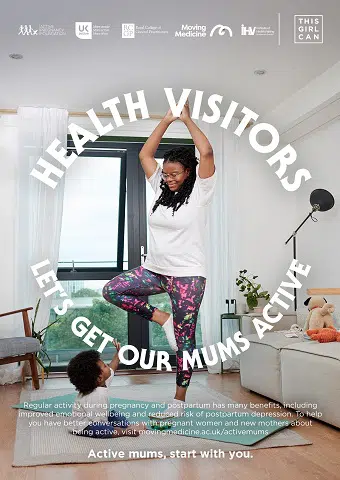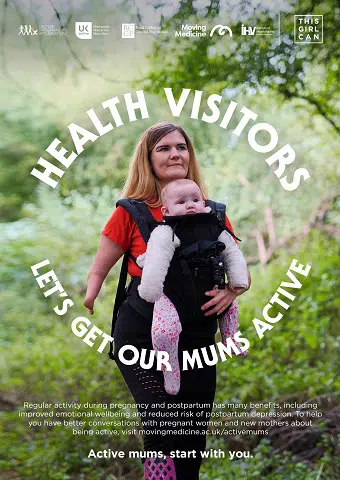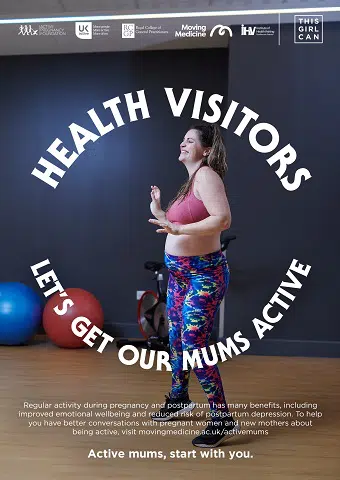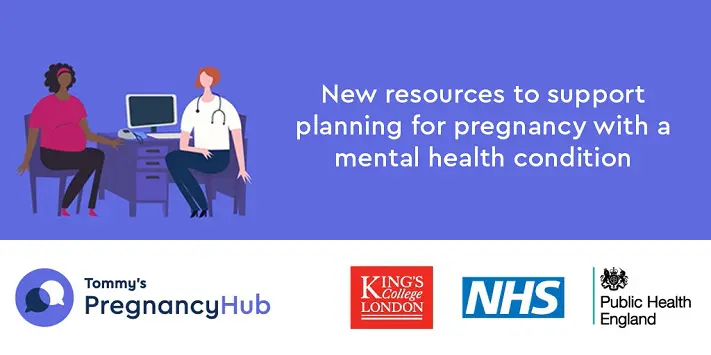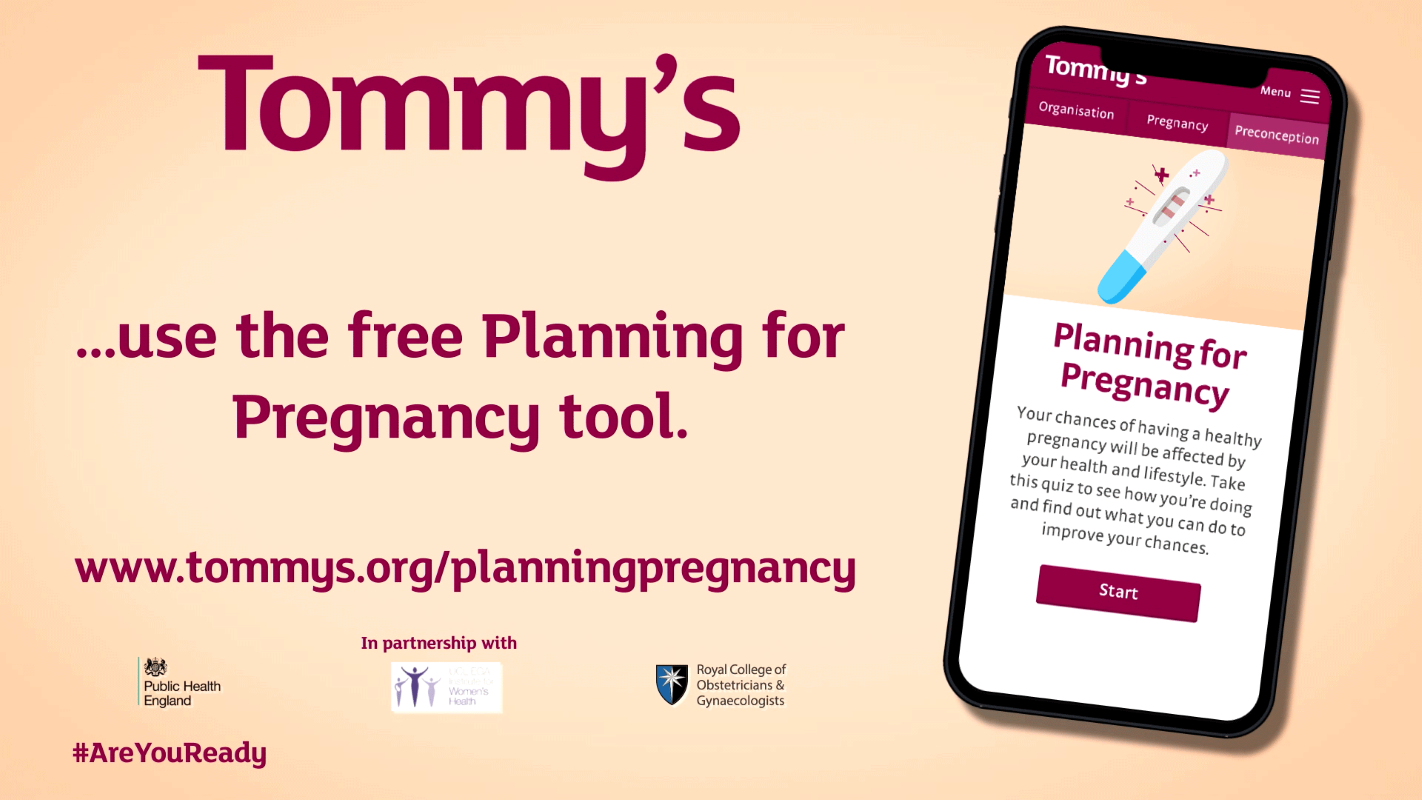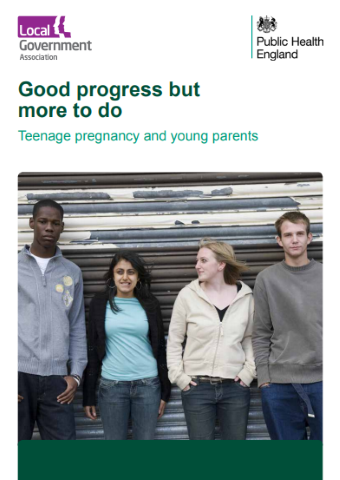Worrying new 2024 data published by the UK Health Security Agency (UKHSA) show an increase in cases of pertussis across all regions in England this year.
UKHSA are calling for frontline clinicians to promote uptake of the pertussis vaccine. Pregnant women can have a pertussis-containing vaccination between 16 and 32 weeks’ gestation – they should also be vaccinated with every pregnancy.
Pertussis is a serious disease that can lead to pneumonia and permanent brain damage. Infants who are too young to be fully protected through vaccination are at greatest risk of serious complications or, rarely, death. A large majority of infants who develop symptoms of pertussis will require hospitalisation.
The UKHSA has published an updated briefing note which summarises current epidemiology, trends in vaccine coverage and an update to national public health guidance during periods of heightened transmission.
UKHSA warn that incidence of pertussis is highest in infants under the age of 3 months, with 181 laboratory-confirmed cases identified between January and April 2024, and state that “this is of particular concern since these infants are at greatest risk of severe disease and are too young to benefit from complete vaccination”.
The most recent data show that there were 8 deaths reported in infants who developed pertussis in England between January to April 2024. Since the introduction of pertussis vaccination in pregnancy, from 2013 to the end of April 2024, there have been 29 deaths in total among infants with confirmed pertussis who were all too young to be fully protected by infant vaccination. Of the 29 infants that died, 23 had mothers who were not vaccinated at any point in pregnancy.
In the context of the current increase in pertussis case numbers, UKHSA’s briefing note contains useful updates on:
- National guidance on the public health management of pertussis during periods of heightened transmission.
- NICE Clinical Knowledge Summary and the NHS website which clarify approaches to, and requirements for testing for case confirmation and surveillance.
- Guidance on the management of outbreaks in nurseries and other childcare settings for Local Authority Health Protection Teams.
General Practices remain the core providers for this vaccination programme. However, health visitors have a vital role to play in discussing vaccinations with parents and caregivers and promoting vaccine uptake. As a universal service, they visit every family, building trust through regular visits, often in the family’s home. Resources are available for health visitors and their team members to support communication around vaccines with pregnant women.
UKHSA are also calling for help to bolster uptake through the routine childhood vaccination programme. Vaccination against pertussis through the routine programme is offered at 8,12 and 16 weeks of age, with a preschool booster offered in primary care settings. This offers direct protection to infants and children against severe outcomes from pertussis.
Health visitors can promote vaccine uptake by checking vaccine status, as well as providing guidance on where and when to obtain them, and addressing any queries parents or caregivers may have. It’s important that parents and care givers are given the opportunity to ask questions about their child’s vaccinations with a trusted practitioner. This is a crucial part of the health visitor’s role. Trusted healthcare professionals provide the best support for parents and pregnant women regarding vaccinations. Health visitors, by building trusting relationships with families, are essential in boosting vaccine confidence and ensuring the success of the childhood vaccination programme.



